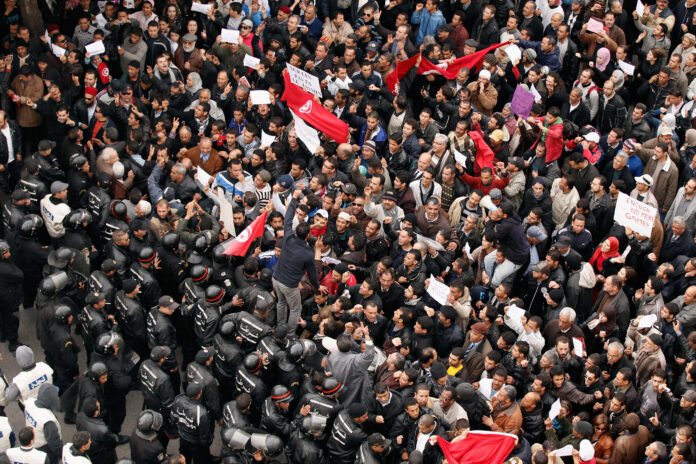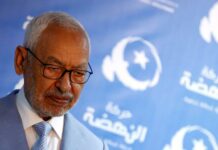While Saied’s shutdown of parliament has outsiders worried, in Tunisia he has 87% support and civil society remains strong.Outside Tunisia, the president’s sacking of the prime minister and shutdown of parliament looked like a coup. Inside, however, activists and journalists are still struggling to define what is happening to their country – and what to do about it;That’s how the Guardian began its article .
The journalist Simon Speakman Cordall said allegations against multiple lawmakers are widespread and longstanding. IWatch, the local anti-corruption watchdog, has published a list of MPs subject to outstanding legal action, or who have had prison sentences deferred because of their parliamentary immunity, which Saied has now withdrawn.
Activists in Tunisia bristle at reports of complicity, or indifference, to a crackdown on rights and freedoms. “We haven’t gone anywhere,” one activist, Emna Mizouni, said. “The most [commented on] Facebook page in Tunisia right now is that of the president’s. Whenever something happens, or they go too far, groups call it out.”
According to Cordall,comments refer to Tunisia’s civil society legacy that produced the Arab spring revolution a decade ago and steered it through another crisis in 2013, with four of its organisations being awarded a Nobel prize. Tunisian activists routinely protest against political corruption, police brutality, unemployment and continuing economic decline.











